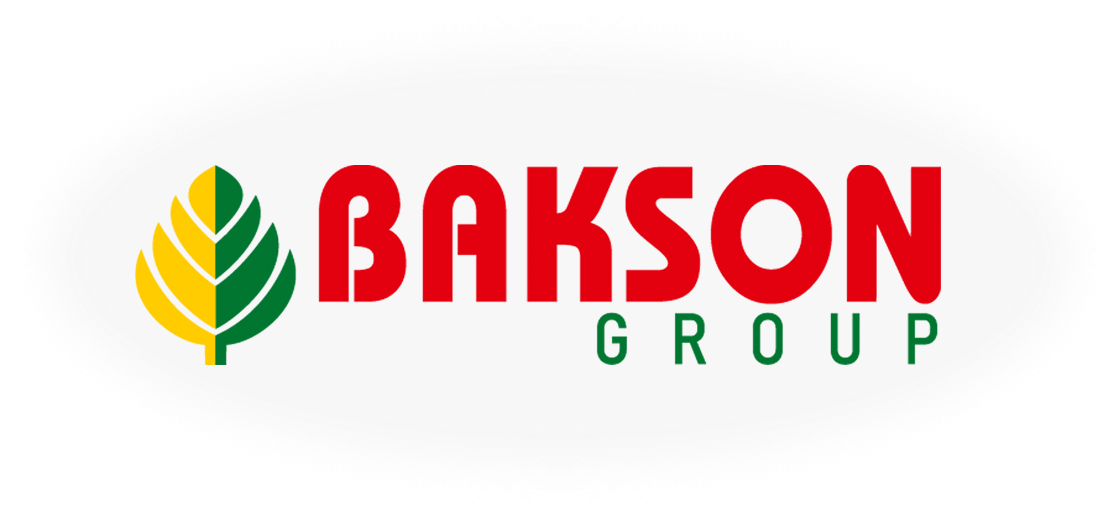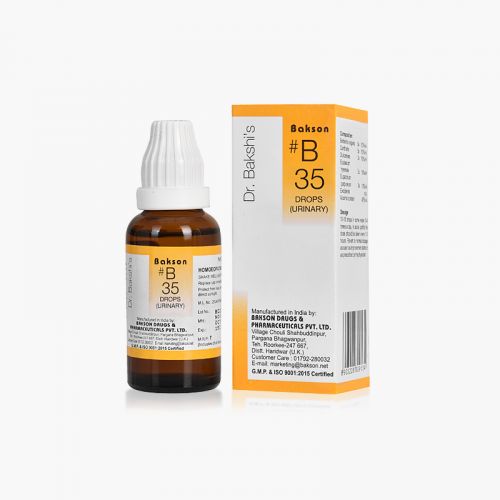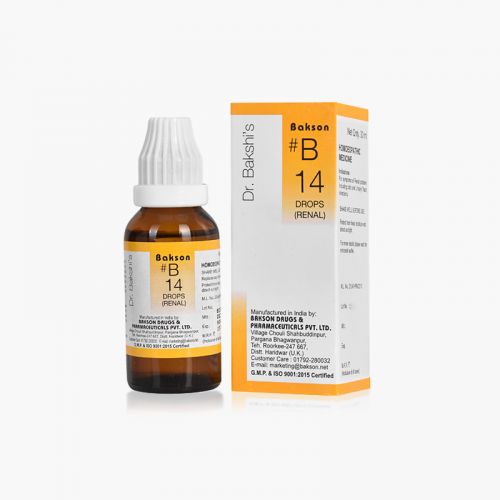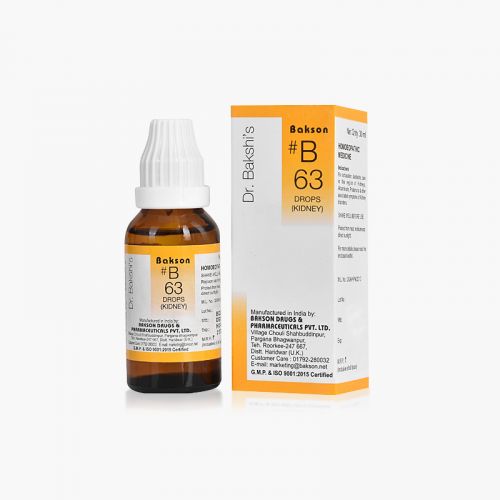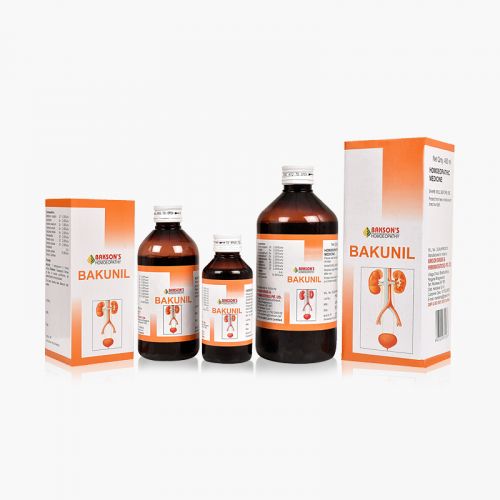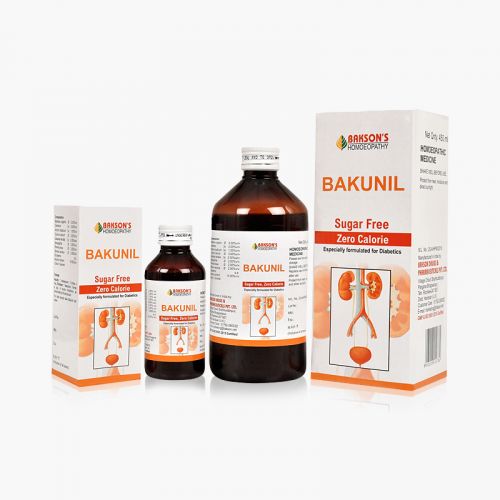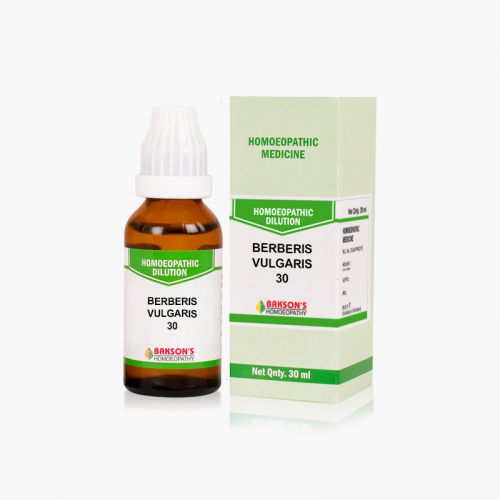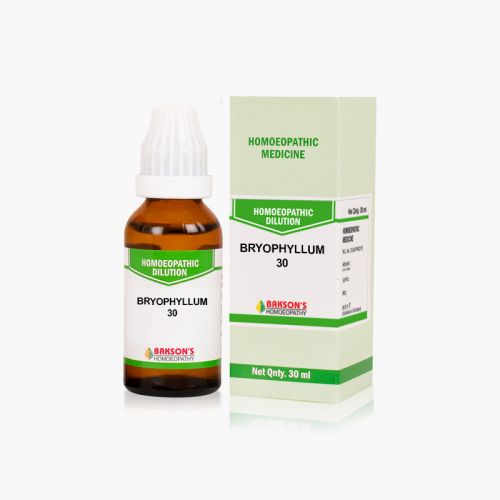We use cookies to make your experience better. To comply with the new e-Privacy directive, we need to ask for your consent to set the cookies. Learn more.
What are Kidney Stones?
Renal calculi are a common cause of blood in the urine (haematuria) and pain in the abdomen, flank, or groin. They occur in one in 11 people at some time in their lifetimes with males being affected more than females. For patients who have a history of a previous urinary stone, recurrence rates approach 50% at ten years.
The four major types of renal calculi are as follows-
- Calcium stones due to hyperparathyroidism, hyperoxaluria, hypomagnesemia and hypocitraturia.
- Uric acid stones are associated with a low pH, high intake of purine foods (fish, legumes, meat), or cancer. These stones may also be associated with gout.
- Struvite stones caused by gram negative-urease positive organisms that break down urea into ammonia. Common organisms include pseudomonas, proteus, and klebsiella.
- Cystine stones are due to an intrinsic metabolic defect causing the failure of the renal tubules to reabsorb cysteine
Risk Factors
There are certain risk factors that play an important role in the formation of renal stones-
- Dehydration: This is the most common cause and the easiest to eliminate.
- Diet: Studies indicate that eating a diet that's high in sodium can increase the risk of certain types of kidney stones. Hence, specific dietary recommendations are given based upon the stone composition.
- Family or personal history: Family history of renal calculi predisposes the next generation to develop the same.
- Obesity: High body mass index (BMI), large waist size, and weight gain have all been associated with an increased risk of renal stones.
- Metabolic disorders: Metabolic conditions associated with increased risk of kidney stones include renal tubular acidosis, cystinuria, and hyperparathyroidism.
- Urinary tract infections: Patients who suffer from chronic urinary tract infections may develop kidney stones later.
Signs and symptoms
Renal stones may remain asymptomatic for quite a long time. However, acute renal colic is one of the most common associated symptoms. The location depends on the site of the obstruction caused by the renal stone. Urinary tract infection may coexist with other symptoms like haematuria, proteinuria, sterile pyuria and anuria.
Usually, there is no tenderness on palpation. The concerned physician might advise routine blood tests like urine dipstick, 24-hour urine for calcium, oxalate, urate, citrate etc. Non contrast CT scan is the choice of investigation which can confirm the diagnosis.
General management
Since dehydration is one of the major causes of renal calculi, plenty of water intake is recommended. The content of the calcium in the diet must be normal as low calcium content may lead to the increased excretion of oxalate stones.
Warning: Above information provided is an overview of the disease, we strongly recommend a doctor's consultation to prevent further advancement of disease and/or development of complications.
Disclaimer: The information provided herein on request, is not to be taken as a replacement for medical advice or diagnosis or treatment of any medical condition. DO NOT SELF MEDICATE. PLEASE CONSULT YOUR PHYSICIAN FOR PROPER DIAGNOSIS AND PRESCRIPTION.
- #B 35 DROPSSpecial Price ₹ 160.00 Regular Price ₹ 200.00
- BAKSON #B 14 DROPSSpecial Price ₹ 160.00 Regular Price ₹ 200.00
- BAKSON B 63 DROPSSpecial Price ₹ 160.00 Regular Price ₹ 200.00
-
-
- BERBERIS VULGARIS 30₹ 100.00
- BRYOPHYLLUM 30₹ 100.00
